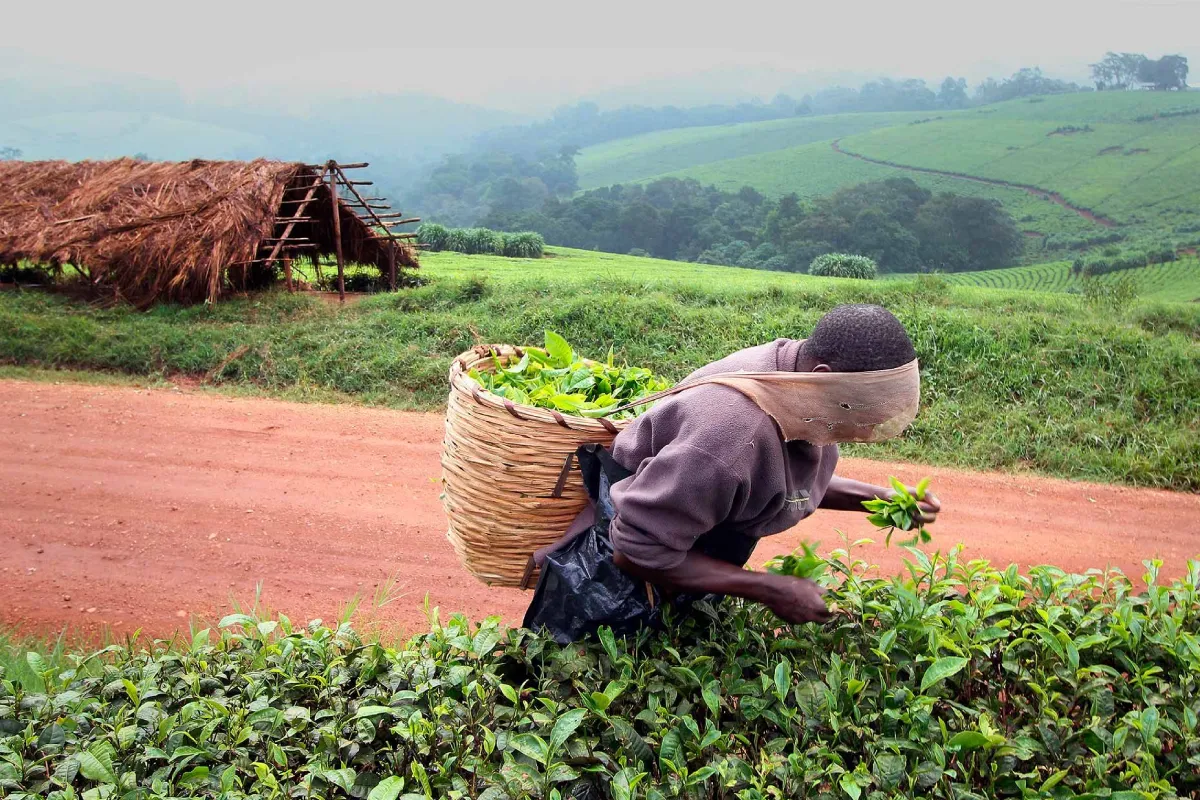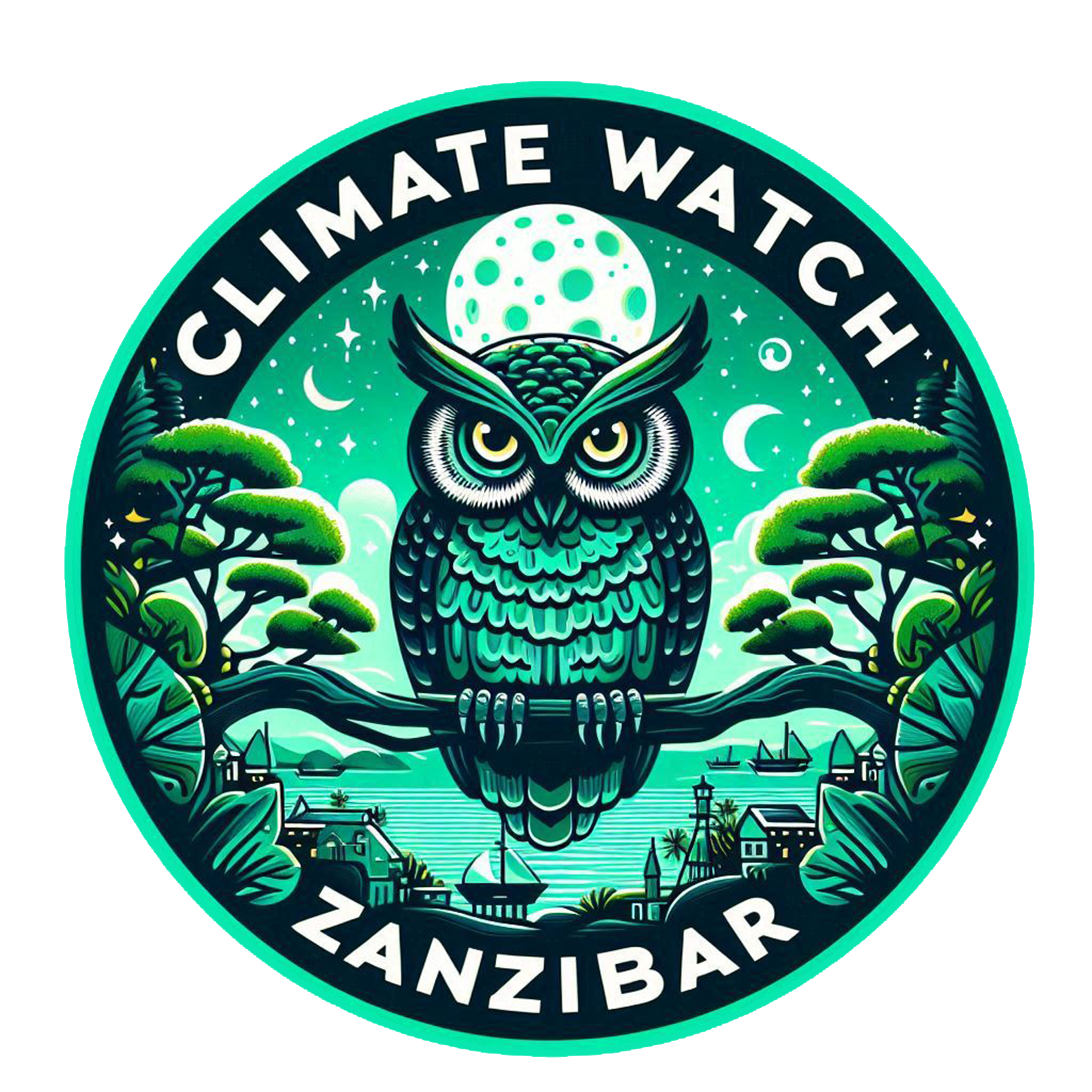
Livelihood Vulnerability
Livelihood Vulnerability refers to the degree to which people's sources of income and well-being are susceptible to external shocks and stresses—such as climate change, economic shifts, and social or political instability. In Zanzibar, a semi-autonomous region of Tanzania made up of the main islands Unguja and Pemba, vulnerability is shaped by a complex interaction of environmental, social, and economic factors.
Key Dimensions of Livelihood Vulnerability in Zanzibar:
01
Environmental Vulnerability
- Climate Change Impacts: Rising sea levels, coastal erosion, saltwater intrusion, and changing rainfall patterns affect agriculture, fisheries, and tourism—the backbone of Zanzibar’s economy.
- Natural Disasters: Droughts and floods have become more frequent, damaging infrastructure, crops, and freshwater resources.
02
Economic Vulnerability
- Dependence on Few Sectors: The economy heavily depends on tourism, clove production, and small-scale fishing. These sectors are highly sensitive to climate change and global economic shocks (e.g., COVID-19 pandemic's impact on tourism).
- Unemployment and Underemployment: Especially among youth and women. Informal work is common, offering little job security or access to social protection.
03
Social Vulnerability
- Education and Skills: Many rural and coastal communities have limited access to quality education and vocational training, reducing adaptive capacity.
- Health Services: Access to healthcare is limited in remote areas, making communities more vulnerable to health shocks and climate-related diseases (e.g., malaria, cholera).
- Gender Inequality: Women, who are major contributors to subsistence agriculture and household economy, often have less access to land, credit, and decision-making.
04
Institutional and Governance Challenges
- Weak Policy Implementation: While Zanzibar has strategies for climate adaptation and poverty reduction, actual implementation is constrained by limited resources and institutional capacity.
- Land Tenure Insecurity: Especially in peri-urban and coastal areas, disputes and lack of clear rights hinder long-term investment in land and resource management.
Potential Solutions:
- Strengthening climate-resilient infrastructure (e.g., rainwater harvesting, early warning systems)
- Expanding education and vocational training, especially for youth and women.
- Promoting sustainable agriculture and fisheries.
- Enhancing access to finance and microcredit.
- Supporting policy coherence between local government, NGOs, and donor-funded initiatives.
Coping and Adaptive Strategies
- Diversification of Livelihoods: Some communities are engaging in ecotourism, seaweed farming (especially by women), or small-scale entrepreneurship.
- Community-Based Approaches: NGOs and community organizations help in resource management (e.g., marine conservation areas) and provide capacity-building for sustainable practices.





